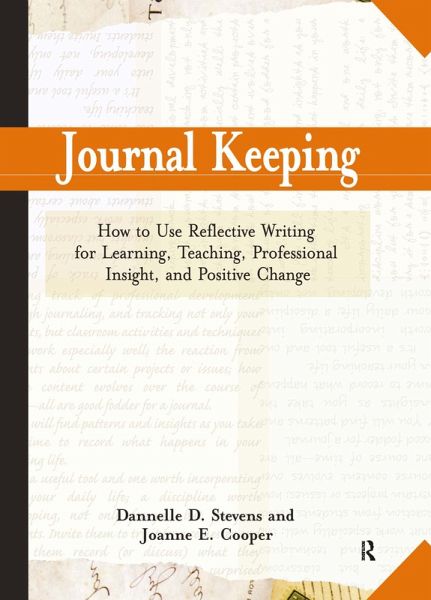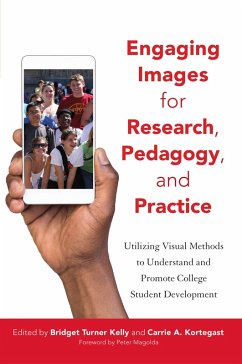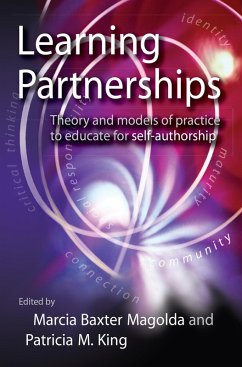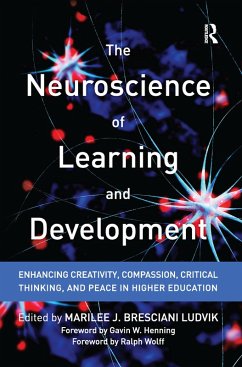
Journal Keeping (eBook, ePUB)
How to Use Reflective Writing for Learning, Teaching, Professional Insight and Positive Change
Versandkostenfrei!
Sofort per Download lieferbar
28,95 €
inkl. MwSt.
Weitere Ausgaben:

PAYBACK Punkte
14 °P sammeln!
** By the authors of the acclaimed Introduction to Rubrics** Major growth of interest in keeping journals or diaries for personal reflection and growth; and as a teaching tool** Will appeal to college faculty, administrators and teachers One of the most powerful ways to learn, reflect and make sense of our lives is through journal keeping. This book presents the potential uses and benefits of journals for personal and professional development-particularly for those in academic life; and demonstrates journals' potential to foster college students' learning, fluency and voice, and creative think...
** By the authors of the acclaimed Introduction to Rubrics** Major growth of interest in keeping journals or diaries for personal reflection and growth; and as a teaching tool** Will appeal to college faculty, administrators and teachers One of the most powerful ways to learn, reflect and make sense of our lives is through journal keeping. This book presents the potential uses and benefits of journals for personal and professional development-particularly for those in academic life; and demonstrates journals' potential to foster college students' learning, fluency and voice, and creative thinking.In professional life, a journal helps to organize, prioritize and address the many expectations of a faculty member's or administrator's roles. Journals are effective for developing time management skills, building problem-solving skills, fostering insight, and decreasing stress.Both writing and rereading journal entries allow the journal keeper to document thinking; to track changes and review observations; and to examine assumptions and so gain fresh perspectives and insights over past events. The authors present the background to help readers make an informed decision about the value of journals and to determine whether journals will fit appropriately with their teaching objectives or help manage their personal and professional lives. They offer insights and advice on selecting the format or formats and techniques most appropriate for the reader's purposes.
Dieser Download kann aus rechtlichen Gründen nur mit Rechnungsadresse in A, B, BG, CY, CZ, D, DK, EW, E, FIN, F, GR, HR, H, IRL, I, LT, L, LR, M, NL, PL, P, R, S, SLO, SK ausgeliefert werden.













